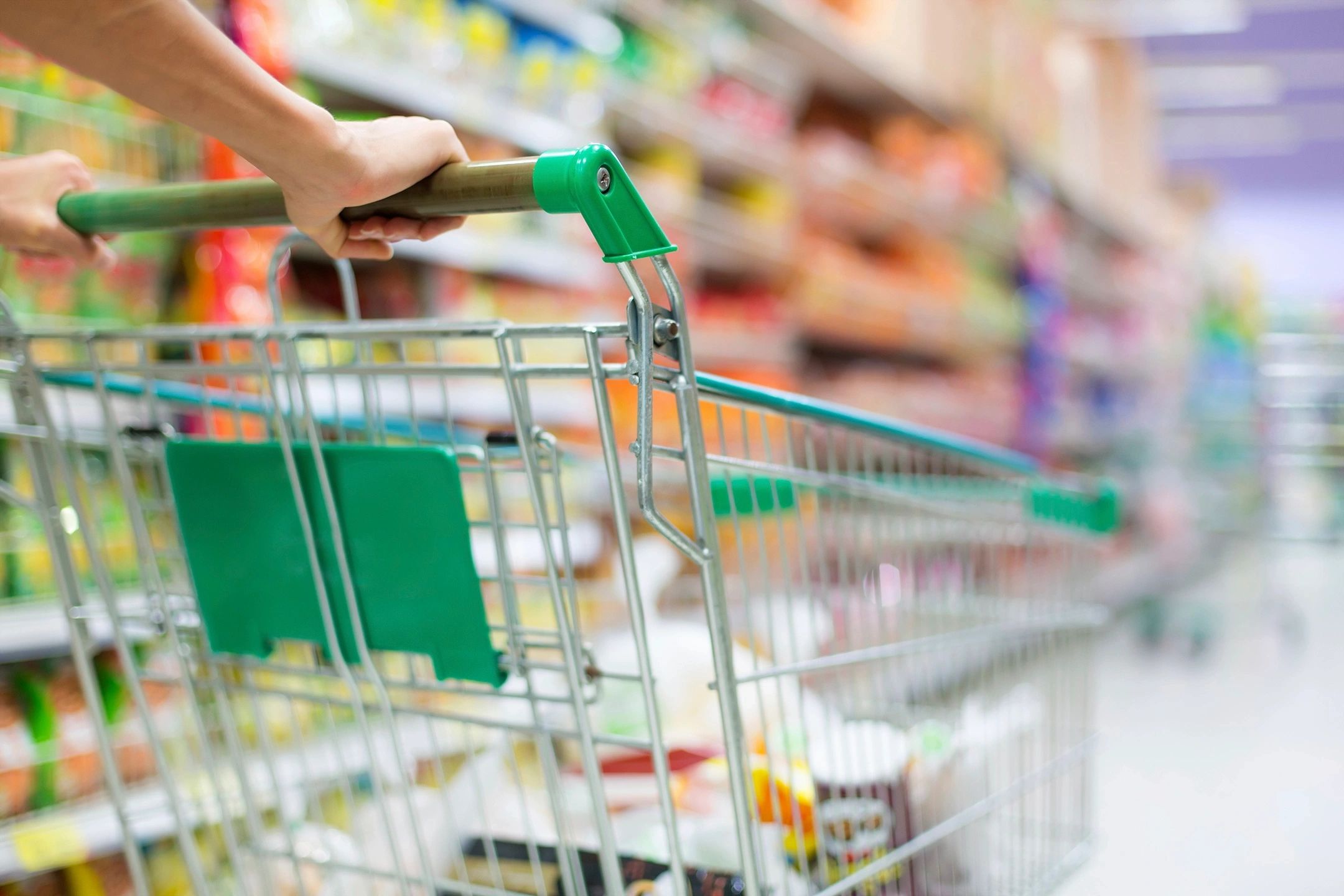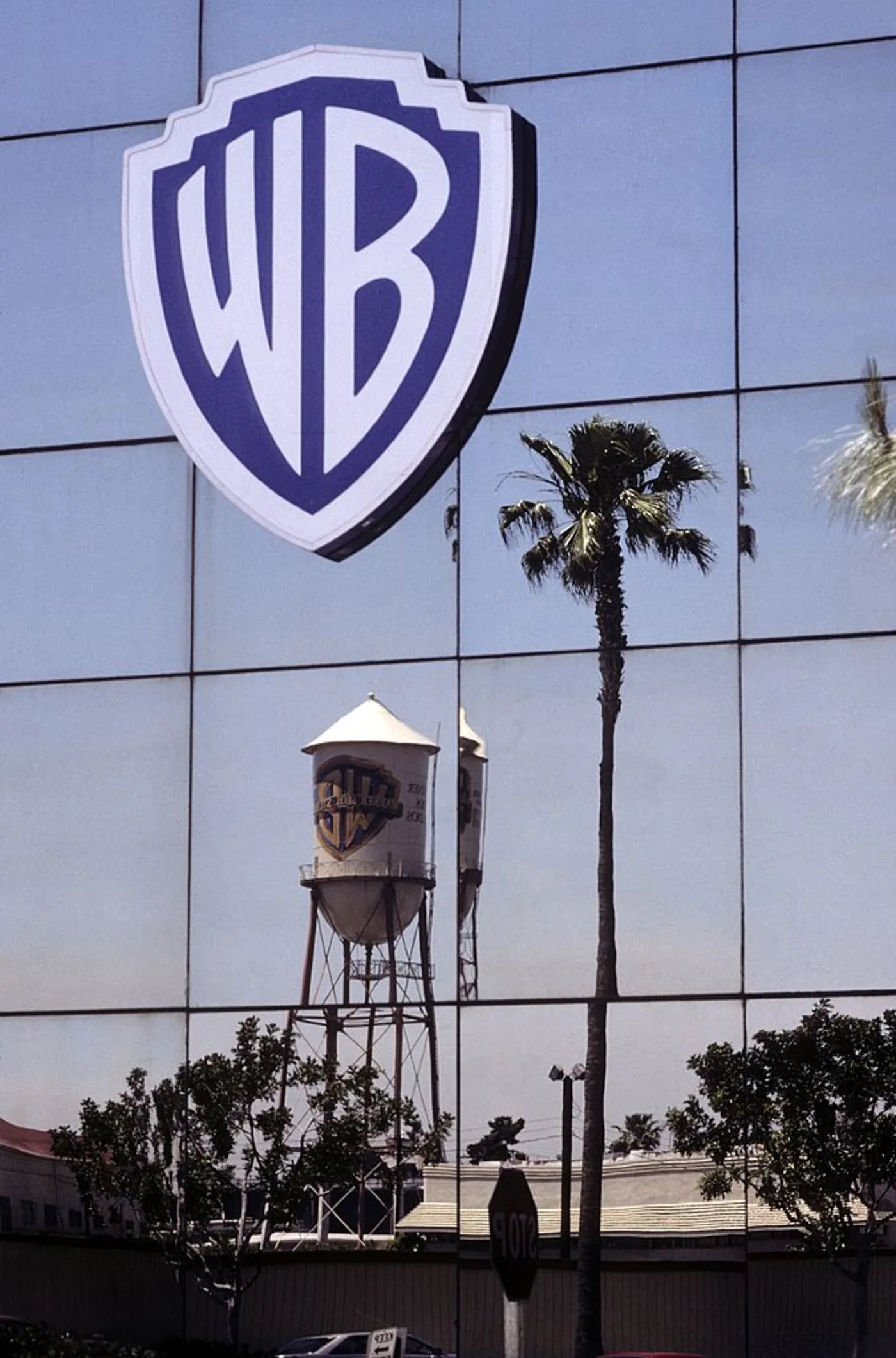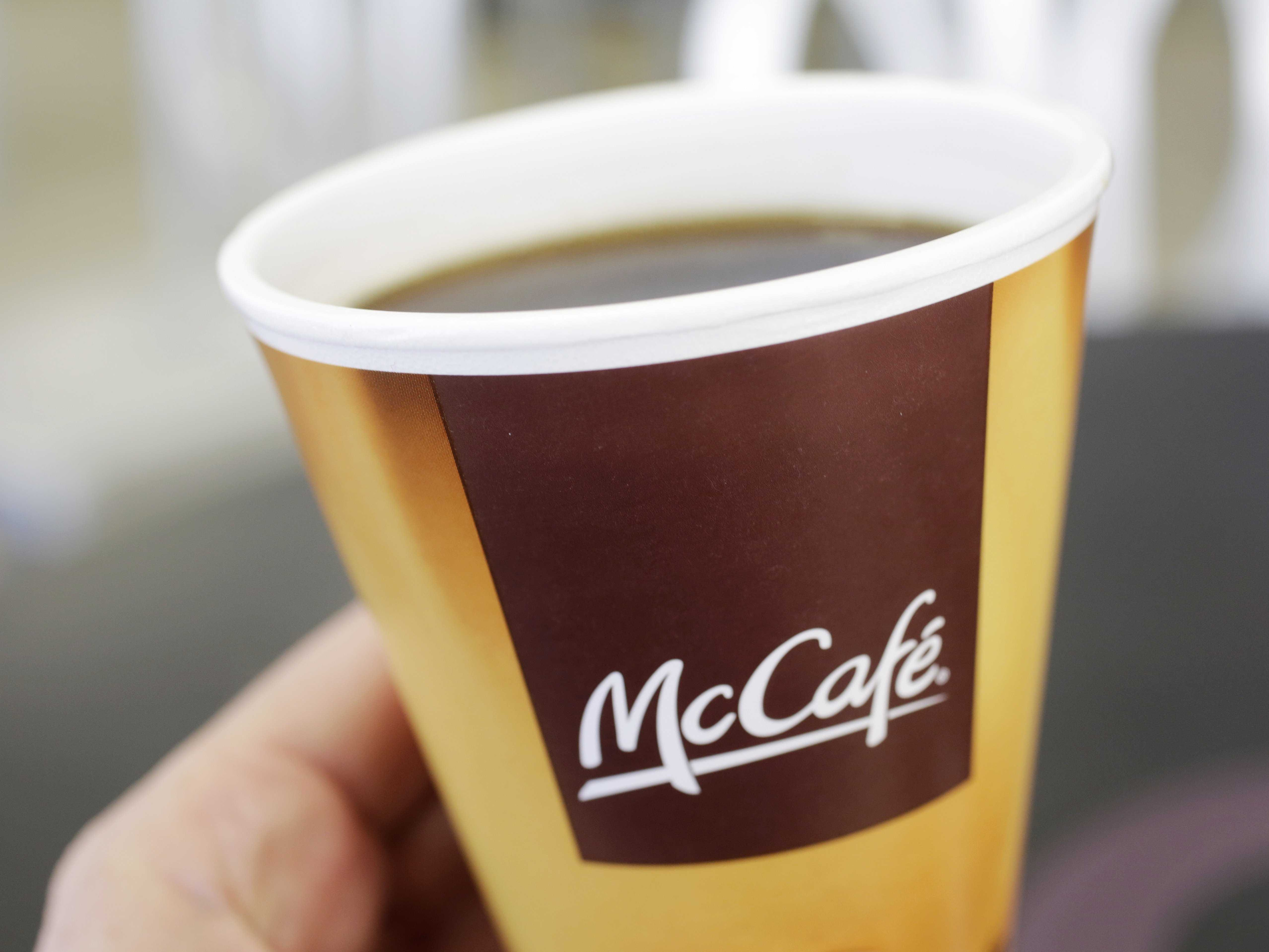Loblaw Warns of Spike in Tariff-Affected Grocery Items as Inventory Dwindles
Canadian grocery giant Loblaw Companies Ltd. is warning that the number of products impacted by tariffs could significantly increase in the coming weeks, potentially driving up prices on a range of items.
CEO Per Bank said in a LinkedIn post Wednesday that the current count of just over 1,000 tariff-affected items is expected to rise to more than 3,000 within a week or two, and could peak at over 6,000 within two months, as pre-tariff inventory runs out.
“While the tariff situation may be improving between the U.S. and other countries, that’s not yet the case here in Canada,” Bank wrote. “In fact, we’ll be facing a large wave of tariff-related increases in the weeks ahead.”
Although tariff-hit goods will still represent a small portion of Loblaw’s roughly 80,000 stocked products, consumers will notice price increases in key categories such as natural foods, pantry staples, and health and beauty items, he said.
Loblaw has taken a transparent approach by labeling tariff-impacted products in stores, helping consumers understand the root cause of price increases. According to Jenna Jacobson, associate professor and Eaton Chair in Retailing at Toronto Metropolitan University, this strategy may shift consumer frustration away from the retailer and toward broader trade policy issues. However, she cautioned that over-simplifying a complex and evolving situation could create trust issues if not handled carefully.
Bank expressed optimism over recent federal efforts to ease the pressure on Canadian businesses and consumers. In April, the government made changes to its $60-billion counter-tariff package, including a six-month suspension of levies on a wide range of U.S. inputs used in Canadian food manufacturing and packaging. This means, for example, that imported U.S. milk used in processing may be exempt, while milk sold directly to consumers is not.
Tony Stillo, director of Canada economics at Oxford Economics, noted that these changes effectively paused most of Canada’s counter-tariffs and significantly reduced the overall tariff burden on U.S. imports.
From the beginning, Canadian countermeasures have excluded essential items like U.S. lettuce, reflecting the country’s heavy reliance on American produce. Instead, tariffs were mostly targeted at products with readily available domestic alternatives, such as dairy, poultry, and grains.
“You could avoid much of the impact by making small changes,” said Mike von Massow, a food economist at the University of Guelph. “But if you’re looking for something specific, like a Wisconsin aged cheddar, expect to pay more.”
He added that indirect pressures—from U.S. metal tariffs to broader trade uncertainty—continue to weigh on the market, potentially driving up prices even for goods not directly affected by tariffs.
Other major grocers are also responding to the changing landscape. Empire Co. Ltd., parent company of Sobeys, said it is working closely with suppliers to limit the impact on customers and has already diversified its global sourcing network. Metro Inc. declined to comment.
Despite the recent exemptions, some high-profile grocery products—such as orange juice, alcohol, and even specialty items like guinea fowl in glass jars—remain subject to tariffs.



